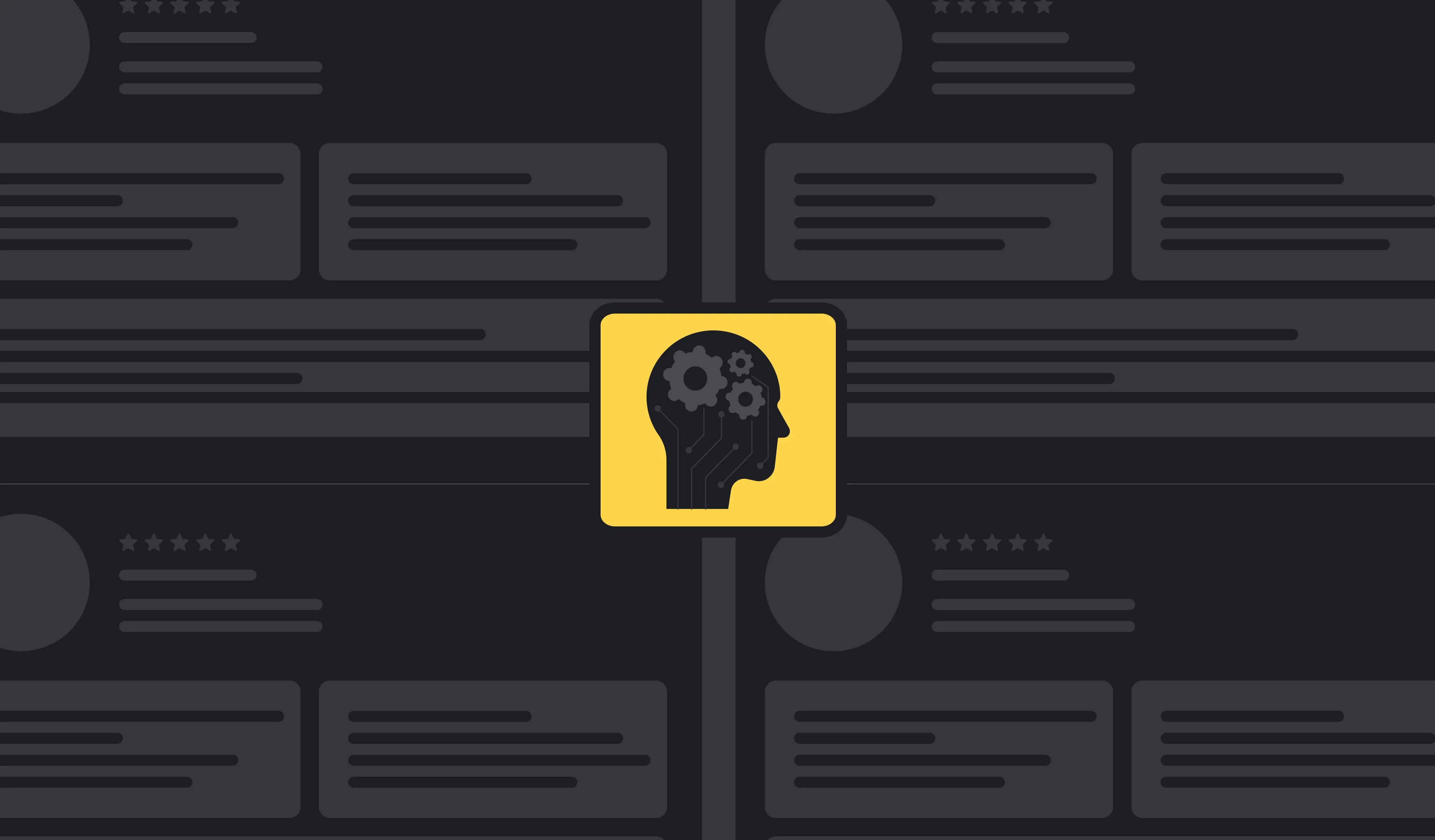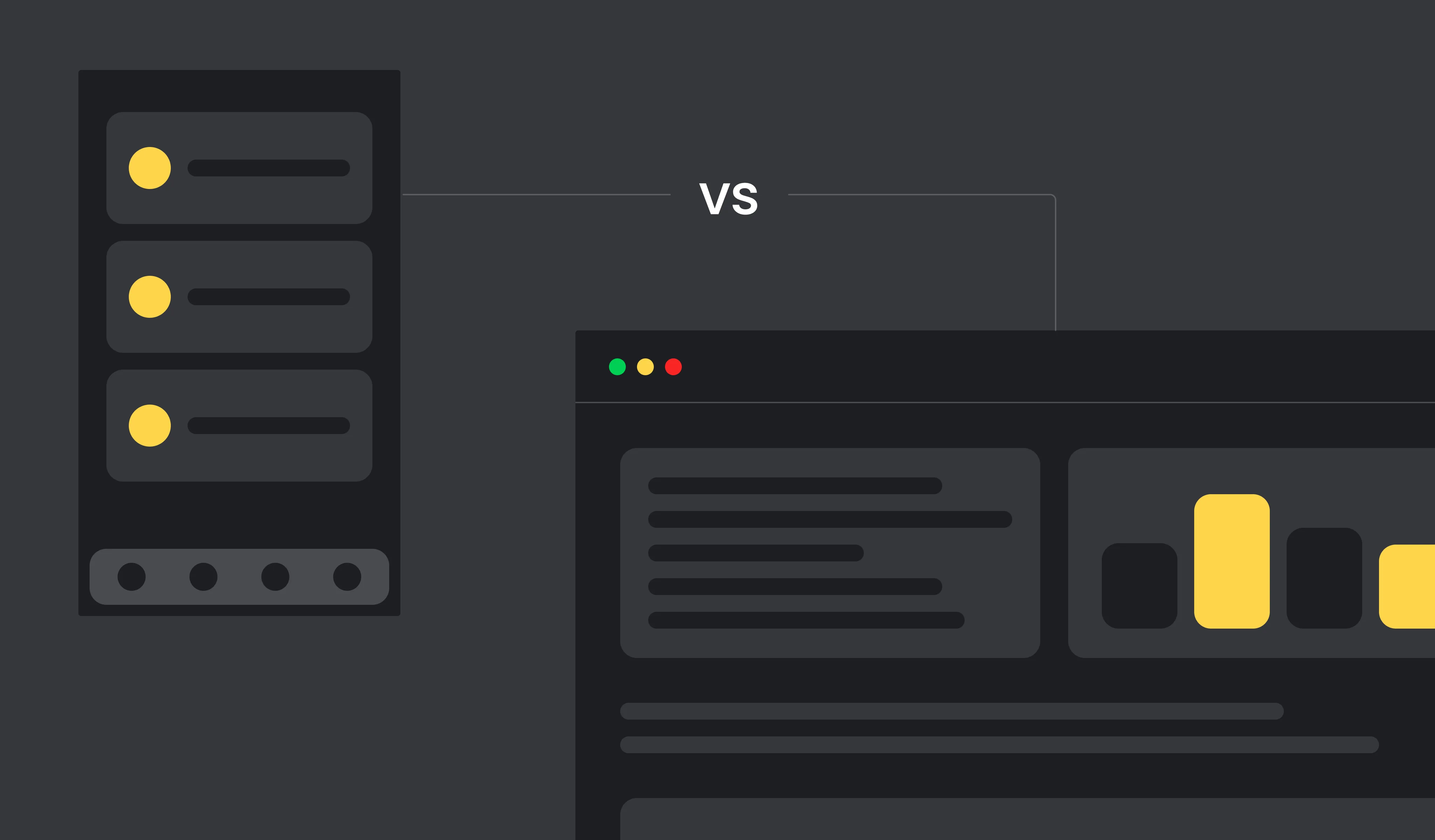A flourishing nonprofit organization must have a compelling mission that donors, volunteers, and staff can rally behind. The mission alone however is not sufficient to guarantee future growth and long-term viability.
A nonprofit must maintain transparency and build trust with various stakeholders. A Content Management System (CMS) facilitates the interaction between a nonprofit and its stakeholders. This blog post discusses if Drupal is a good CMS for nonprofit organizations. This article is a continuation of the previous post.
Nonprofits in the post-COVID era

The world emerges from the COVID pandemic, only to find itself thrust into a period of high global inflation and economic uncertainties. For the nonprofit sector, the demand for its services post-COVID has never been stronger, but at the same time, its revenue, which it depends on to deliver its services, has been destabilized as the donors start to feel the pinch of a possible recession. To maintain the donors' trust and continual support, a nonprofit must demonstrate that it operates efficiently and successfully ('lean and mean') in how it deploys its resources to carry out its mission.
Is Drupal good for nonprofits?
Cost efficiency

Drupal is a top free & open-source CMS solution. There is no licensing fee for using Drupal. Not only is it free at the time of initial installation, regular updates to the core Drupal software are also provided for free by a dedicated community of contributors. Because Drupal is open source, you or a Drupal developer you hire can modify the freely available source code to satisfy your unique requirements.
Drupal has a relatively lower total cost of ownership than many proprietary CMS software because there is no licensing fee. A caveat is that if you don't have the required I.T. resources in house, you need to factor in the additional cost of outsourcing software customization and the cost of the ongoing system support and maintenance.
Scalability

Like rowing a boat upstream, if you stop moving forward, you fall back.
A Chinese saying
It isn't good enough for a nonprofit just to maintain the status quo amid a sluggish economy and tightening financial constraints. The ability to scale up quickly to expand services and therefore one's impact is crucial to a nonprofit's growth and well-being.
Drupal as a CMS was designed to be highly scalable to move terabytes of web traffic and serve hundreds of thousands of concurrent users. Scalability is further enhanced by deploying Drupal to the cloud. A cloud-based Drupal CMS allows the infrastructure to automatically scale up and down as the demand of its services spikes and falls in any given time period. A word of caution is that by moving a Drupal CMS to the cloud, you will incur a sizable initial cost of building the automation framework for deploying infrastructure resources.
Security

According to a recent IBM report, the average cost of a data breach in the US is $9 million, the highest in the world for the 12th year in a row. When a nonprofit suffers a data breach, it often leads to the erosion of the donors' trust in the organization. If donors distrust a nonprofit's ability to protect their personal information including credit card data, future donations may be placed in jeopardy.
Drupal has an excellent track record for security. One important reason is that, for Drupal, security is designed in rather than patched in as an afterthought in developing software. A dedicated 30-person Drupal Security Team provides tools and resources, and recommends best practices for producing secure code. The Security Team mitigates security tasks by making sure that Drupal's core and contributed modules adhere to industry standards such as the OWASP (Open Web Application Security Project) Top 10 Web Application Security Risks.
Even the most rigorously tested software will have some undetected bugs. The key is to discover any security vulnerabilities quickly and make security updates available in a timely manner. Drupal has a decisive advantage over many CMS alternatives because the Drupal community, with 1,000,000+ contributors, is one of the largest open source communities in the world. The large pool of beta testers increases the likelihood that any serious security vulnerabilities are reported quicker. Also, the large number of community developers means that bug fixes can be produced sooner.
The Drupal community takes security vulnerabilities seriously. If a security bug is reported, the maintainer of the relevant module is notified. If the maintainer does not fix the bug within the given deadline, a security advisory is issued recommending the module be disabled, and the module is re-classified as being unsupported.
Integrability

As the on-line face of a nonprofit, a CMS must offer more than just excellent content management functionalities. To give the stakeholders the best digital experience possible, Drupal can easily integrate with other best-of-breed applications that together provide all the necessary web functionalities for a nonprofit. Examples of software that integrate with Drupal are CRM (Customer Relationship Management) such as Salesforce, SugarCRM, and HubSpot, payment processors such as PayPal, and web analytics such as Google Analytics and Hotjar.
Summary & Conclusion
Drupal is a secure, cost-efficient, and scalable CMS that integrates well with complementary best-of-breed apps to provide donor services, marketing, and administrative support for nonprofit organizations.
As an award-winning full-service Drupal agency, Five jars has extensive experience working with nonprofits (such as the YMCA's). Please contact us if you have any questions about how we can partner to build impactful websites.



